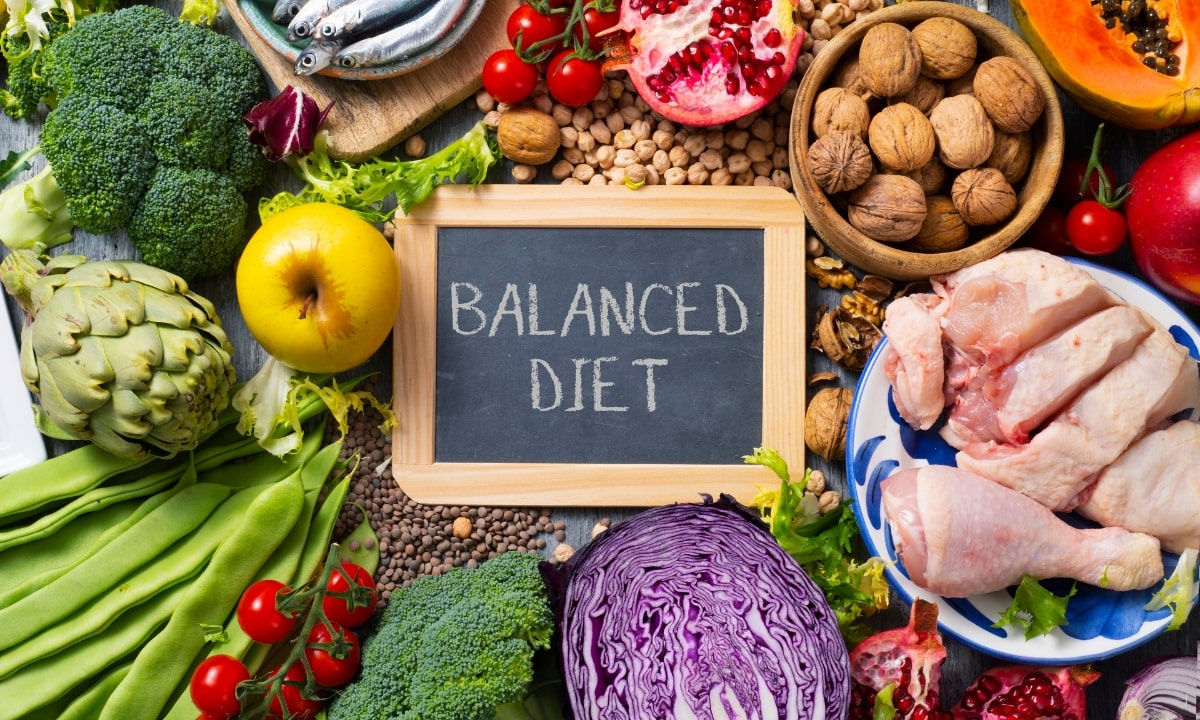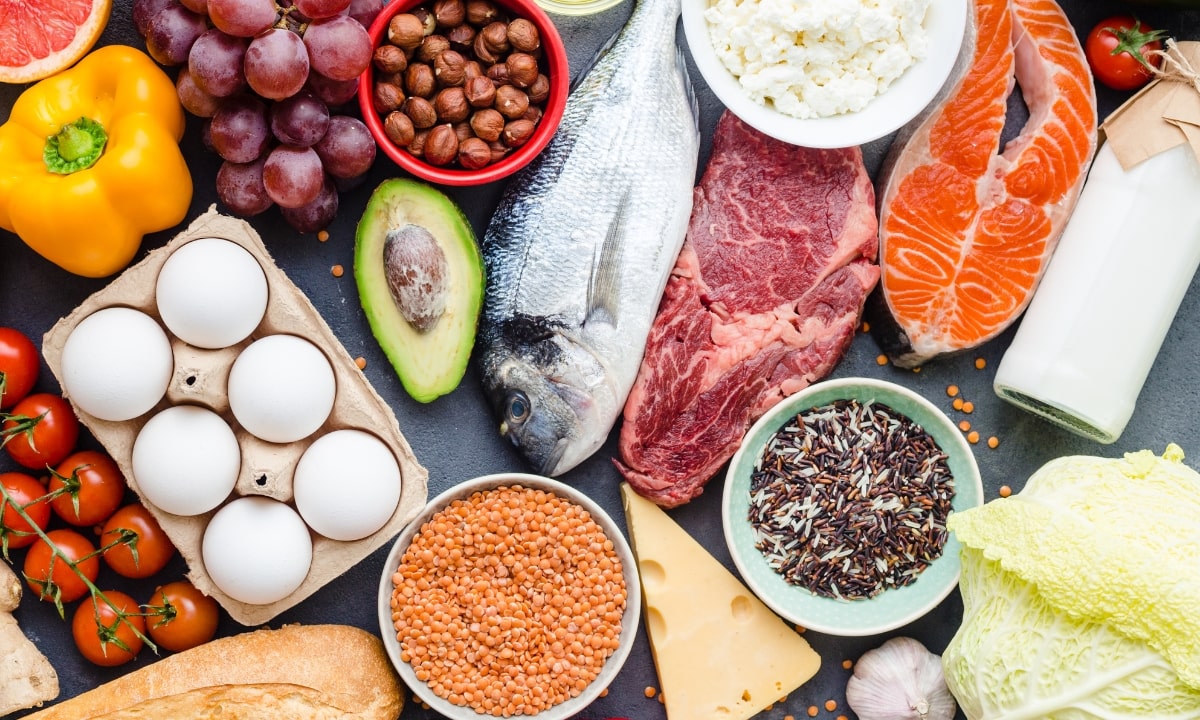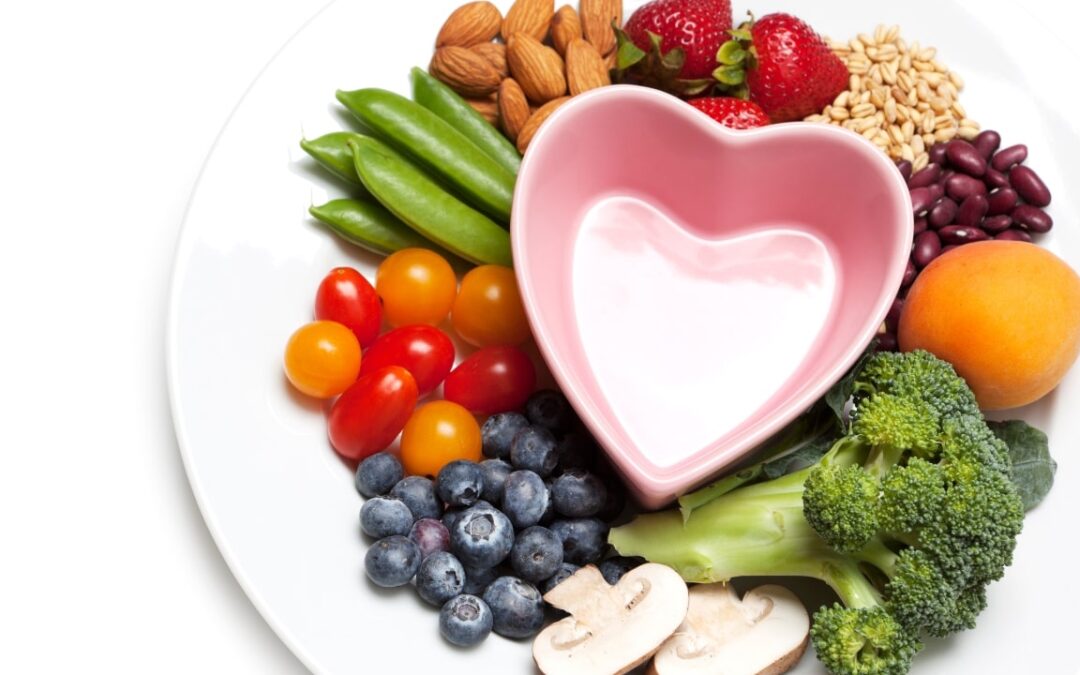Muscle soreness, aches, and pain are common experiences for individuals engaged in physical activity, whether they are weekend warriors or seasoned athletes. And this can be especially true for those engaged in what are commonly known as ‘combat sports’ such as boxing, mixed martial arts (MMA), and Brazilian Jiu-Jitsu.
While physical therapy plays a crucial role in addressing these issues, optimizing your diet can be a powerful tool for enhancing muscle recovery, pain management, and promoting overall well-being. By understanding the connection between nutrition and pain management, you can gain crucial insights into dietary strategies that can complement your physical therapy journey.

From Minor Discomfort to Debilitating Muscle Pain: Nutrition Can Make a Difference
Anyone who works out regularly – or at least tries to – is familiar with the common muscle pain and discomfort that often occurs the next day. Even this lower level of muscle pain and subsequent muscle recovery can be enhanced through food choices.
As one article notes,
“An example recovery meal for a morning workout might be some avocado toast with a fried egg on top. You get lean protein from the egg, carbs from the bread, and even some healthy fat from the avocado.”
However, when muscle pain is more extensive or significant, such as that stemming from injury or severe strain, diet is still essential for full recovery and the management of pain. For example, Michael, an amateur marathon runner, strives for continuous improvement and he recognizes the crucial role of proper nutrition in fueling his training and optimizing his recovery.
One of the methods he incorporates is to prioritize anti-inflammatory foods to reduce post-run muscle soreness and inflammation. This include fruits and vegetables, fatty fish, and healthy fats such as avocados and nuts. In addition, Michael relies on strategic protein timing because he knows the importance of protein for muscle repair and rebuilding.
This strategy involves consuming a protein shake or a meal with lean protein sources like chicken breast or Greek yogurt immediately after finishing a long run. This helps initiate muscle repair processes. Then, throughout the day, he incorporates protein sources into every meal and snack, aiming for 0.8-1 gram of protein per kilogram of body weight daily. This ensures a consistent supply of amino acids for muscle repair and growth.
Of course, staying adequately hydrated throughout the day, especially before, during, and after training runs, is always a priority.
Food as Medicine: Understanding the Nutritional Connection to Pain
Inflammation, a natural response to injury or tissue damage, plays a significant role in pain perception. When muscles are subjected to strenuous activity, microscopic tears and inflammation occur, leading to soreness and discomfort. What we eat can significantly influence the body’s inflammatory response, impacting muscle recovery and pain management.
Pro-inflammatory Foods
Certain foods can exacerbate inflammation, potentially hindering recovery and prolonging pain. These include:
- Refined carbohydrates: Sugary drinks, white bread, and processed pastries can promote inflammation and spike blood sugar levels, contributing to pain and stiffness.
- Unhealthy fats: Saturated and trans fats found in fried foods, processed meats, and commercially baked goods can contribute to inflammation and hinder the body’s healing process.
- Processed foods: Often loaded with refined carbohydrates, unhealthy fats, and added sugars, processed foods can exacerbate inflammation and hinder muscle repair.
Anti-inflammatory Foods
Conversely, incorporating anti-inflammatory foods into your diet can support muscle recovery and potentially reduce pain. These include:
- Fruits and vegetables: Rich in antioxidants and phytonutrients, fruits and vegetables possess potent anti-inflammatory properties. Berries, leafy greens, and cruciferous vegetables are particularly beneficial.
- Fatty fish: Salmon, tuna, and sardines are rich in omega-3 fatty acids, known for their anti-inflammatory effects and their ability to promote muscle repair.
- Healthy fats: Avocados, nuts, and seeds are excellent sources of healthy fats like monounsaturated and polyunsaturated fats, which can help mitigate inflammation and support healing.
Dietary Strategies for Optimal Muscle Recovery and Pain Management
Beyond individual food choices, specific dietary strategies can enhance your physical therapy efforts and promote pain relief. Adequate water intake, for example, is crucial for transporting nutrients to muscles, flushing out waste products, and facilitating the healing process. Aim to consume water regularly throughout the day, especially before, during, and after exercise.
Consuming adequate protein, especially around workouts, is essential for muscle repair and rebuilding. Like Michael in our story, aim for 0.8 to 1 gram of protein per kilogram of body weight daily, distributed throughout your meals and snacks. And don’t forget micronutrients! Ensure you have an adequate intake of essential vitamins and minerals like vitamin C, vitamin D, and magnesium, which play a vital role in muscle function, inflammation, and pain perception.
Working Together: Combining Nutrition with Physical Therapy
Nutrition and physical therapy work synergistically to optimize muscle recovery and pain management.
Discussing your dietary habits with your physical therapist allows them to:
- Identify potential areas for improvement in your diet.
- Recommend dietary strategies personalized to your specific needs and goals.
- Collaborate with a registered dietitian or nutritionist for further guidance.
By integrating a healthy, balanced diet rich in anti-inflammatory foods and following the recommendations of your physical therapist, you can empower your body to recover more effectively, manage pain, and optimize your overall well-being.

Help on the Road to Muscle Recovery and Pain Relief: Pain and Performance Solutions
Recovering from muscle soreness and chronic muscle pain requires patience and adherence to a physical therapist’s recommendations. A gradual approach, consistent effort, and attention to diet are crucial factors in ensuring a smooth recovery.
Regardless of whether you’ve been experiencing muscle pain for a brief period of time or you’ve been suffering ongoing pain for months or longer, we invite you to give us a call. Achieving relief from muscle or joint pain begins once we’ve gained an in-depth understanding of when and how your pain began.
At Pain and Performance Solutions we specialize in bringing relief from chronic muscle pain with therapies such as Active Release Techniques® (ART®) and Anatomy in Motion (AiM). So, don’t simply ignore your pain and hope it will just go away. Let us help.
Contact us today at 707-636-4404 or book an appointment online to start your recovery process.
